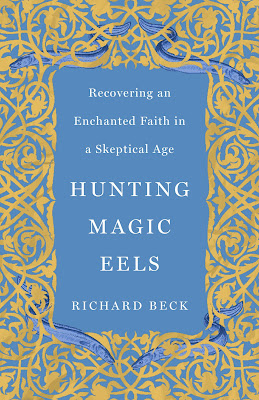In Part 1 of the book--"Attention Blindness"--the new chapter is entitled "Why Good People Need God." The chapter starts with a story:
He was a Christian ministry major at my university and having a faith crisis. Or, at least, having some serious questions about his vocational calling to serve as a pastor in a church. The cause of the crisis, the source of his doubting, was simple: Some of his dearest friends were atheists and agnostics and they were among the most loving people he knew. “In fact,” he shared with me, “my atheist friends are more loving than most of the Christians I know.” And that moral contrast—loving atheists versus unkind Christians—was calling his faith and career into question. If people can be good without God, if atheists can be more loving than followers of Jesus, then what’s the point of Christianity and the church?
When you ask people about the source of doubt and disenchantment in the world, three answers predominate:
- Science
- The Problem of Evil
- The Moralization of Faith
In my estimation, as illustrated in the story above, it is this last issue, the moralization of faith, that poses the greatest challenge to faith in our increasingly post-Christian culture. Among my college students, the goal of being a Christian is to be a kind, loving, and tolerant human being. Often, this vision folds into social justice activism.
In Hunting Magic Eels I describe this development as "the mystical-to-moral shift." This was a development unwittingly set into motion by the Protestant Reformation, where the enchantments of the Catholic faith were replaced with moralistic performance connected to a vision of universal empathy and beneficence. Eventually, as described by scholars like Charles Taylor, Tom Holland, and Alasdair MacIntyre, the moralism of the Protestant Reformation gave birth to liberal humanism, the dominant ethic of the Western world, the Christian vision of agape stripped of its metaphysical infrastructure.
And yet, this seemingly wonderful development has come to threaten the church. Goodness is now God's greatest rival in our increasingly post-Christian culture. How so? The story above shows how our young people now think of faith. If love is the spiritual measure of our lives, and atheists can be more loving than Christians, then what's the point of God, faith, and the church?
If you've ever faced questions like these, if you've struggled to come up with reasons why good people might need God, this new chapter in Hunting Magic Eels might be of interest to you and your church.


